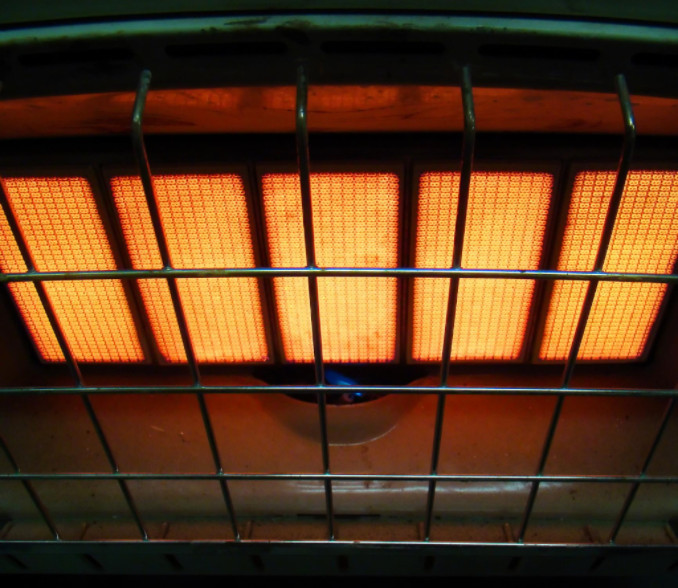Along with the cold weather may come the need for additional heat to keep your home comfortable. While a furnace is typically the main source of heat, many people still rely on space heaters, whether for taking the chill out of a fall evening or as a supplement to the furnace in parts of their house that don’t warm as easily.
According to the Electrical Safety Foundation International (ESFI), approximately 50 percent of home heating fires occur in December, January and February – the months when space heaters are most commonly used. The National Fire Protection Association reports that space heaters were involved in about 32 percent of home heating fires in 2010; they were also involved in 79 percent of home fire deaths.
This is not to say space heaters are dangerous or that they shouldn’t be used. Rather, if you’re planning on using or purchasing a space heater, it’s important to follow a few simple safety measures. The following safety tips apply whether you’re using a fuel-burning space heater or a portable electric space heater:
- When purchasing a space heater, make sure it has a safety certification label attached. The label should indicate that the heater was tested by an organization such as Intertek, Underwriters Laboratories or CSA International.
- Any new space heater you purchase will come with warning labels and the manufacturer’s instruction sheet or booklet. Make sure you read both carefully. Don’t assume all space heaters are created equally.
- Avoid purchasing used space heaters. There may be something wrong with the heater of which you’re not aware.
- Prior to using a space heater, always inspect the heater for safety hazards like loose connections, broken plugs or frayed wires. If the heater has any of these, don’t use it! Don’t assume that the heater is in good condition just because it was the last time it was used.
- Make sure the heater is the right size for the room you want to heat. Thermostatically controlled heaters typically continue to work until they reach the desired temperature. If you expect a small heater to heat a large room, it can overheat from running nonstop for a long period.
- Keep space heaters away from areas where there are young children or pets.
- Never leave a space heater unattended. Shut it off when you leave the room. It can tip over or overheat very quickly and cause a fire.
- Only use the space heater for its intended purpose, which is as a supplemental heat source. Don’t use them for other purposes such as thawing pipes, cooking food, drying clothes, etc.
- Have smoke alarms on each floor of your house and make sure they’re all working properly. Check the batteries at least once a month.
- Make sure the space heater is at least three feet from anything flammable like clothing, rugs, cardboard or paper. Other hazardous items to keep away from heaters are spray cans, paint and fuel.
- Keep space heaters out of doorways, hallways or other high traffic areas where they can causing tripping or get tipped over.
- When purchasing a new space heater, make sure it has an automatic shut off so it will power down if gets tipped over.
- If using a fuel space heater, make sure you use the correct type of fuel. Refill the heater outside or in a properly vented area and only if the space heater has cooled down.
- Avoid the use of extension cords or power strips when using space heaters. Plug them directly into an outlet. Failure to do so could overload your home’s circuits.
- Make sure the space heater is on a flat and solid surface.
- If the heater shuts off when it should be running or your circuit flips, do not use the heater until you make sure it’s operating correctly or that you’re not overloading the circuits.
- Make sure to unplug the heater when it’s not in use and particularly when you’re not at home. NEVER allow the heater to run when you’re away or when you’re sleeping.
Despite all the safety warnings, space heaters can be a very convenient and easy heat source when used as intended.

